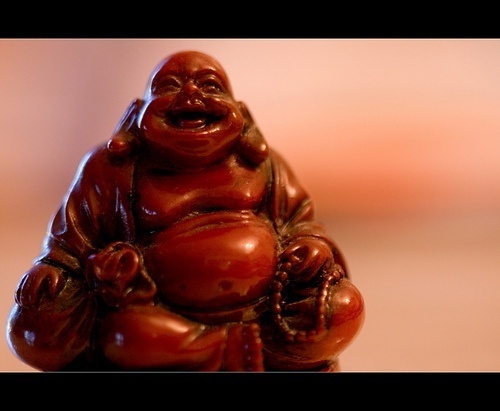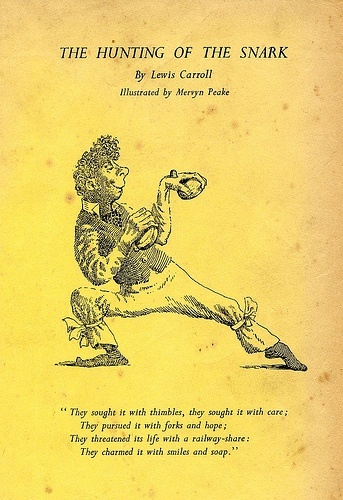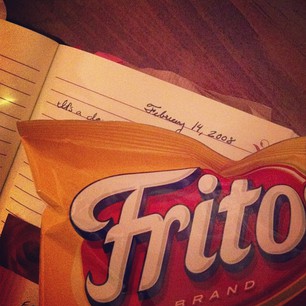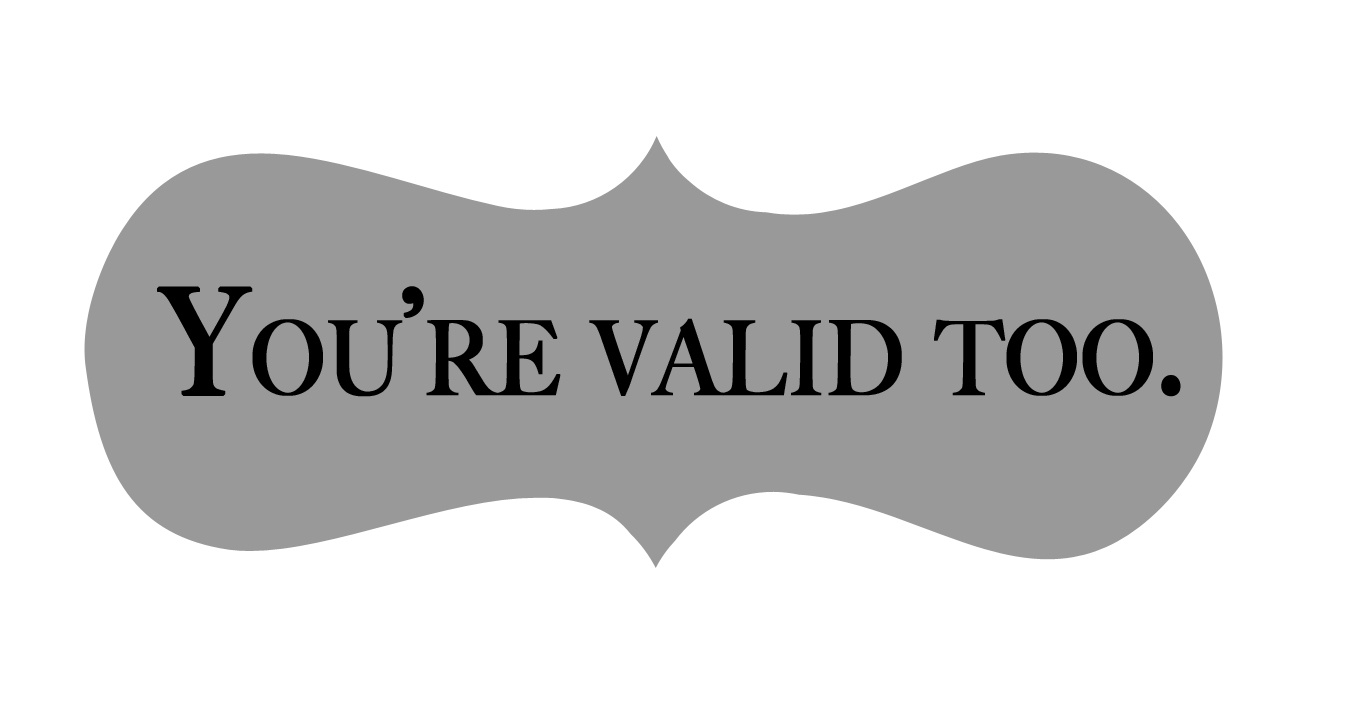I wasn’t going to post about this. In fact, I was going to try to keep silent on this entire topic. However, something really does need to be said. So here goes.
I’m pregnant. (Yeah, yeah. I know.)
My pregnancy is not the reason I’m angry. The reason I’m angry? My “delicate condition” has provoked an unwelcome response among people I hardly know.
In the past month, since I’ve started showing, I have been poked, prodded, rubbed, inappropriately questioned and, in one case, interrogated in front of a roomful of my students by a co-worker.
I am not a person who invites personal contact. I never have. My personal bubble is large and – I thought – difficult to penetrate. I was lucky to have been born tall and I’ve always been a little aloof, and that was always more than enough to keep unwanted physical contact at bay. I’ve also been able to dance around personal questions I don’t want to answer. I’m good at it, or at least, I was.
But now, it seems that my pregnancy has made me and my body public property. People dart in for a quick bellyrub on the sly, like X-wings attacking the Death Star. It’s like they know I don’t want to be touched, but they can’t help themselves. The excuse I hear most? That touching my belly is “lucky.”
It’s not. I am not the Buddha. (If you can’t tell the difference, I’ll give you some hints: the Buddha is bald, laughing and nonviolent.) Your superstitions are no reason for you to touch me uninvited. You are not ever entitled to touch another person’s body, even if that person is pregnant.
Worse than those who feel like they can touch my abdomen are those who feel like they can now question me about every life choice I’ve ever made. “You don’t smoke, do you?” “You have a pediatrician, right?” “You’re not coming back to work?” “You are coming back to work?” “Is your husband good with X, Y or Z?” “Is he good, period?”
While I don’t mind answering questions when they’re asked by a friend, I do mind when I’m being asked by someone who barely knows me. And I’ve been asked a lot. I don’t even mind answering a few questions or having a conversation about my pregnancy, but some strangers have been downright confrontational with me about what choices I’m making when I’m not in their lines of sight. (I’m tempted to answer that yes, I smoke, drink a six-pack a day, and use recreational drugs in the parking lot at work before driving home without a seatbelt on, but I’m actually a little worried that someone might call social services on me if I gave them that answer.) I’ve tried to defuse these encounters with evasive maneuvers and humor, but my interrogators have been dogged.
And weirdly, most of the people who have been invasive, both physically and verbally, have been male. I didn’t expect that. I figured that women – who have been through pregnancy and childbirth and might feel they had some right to touch and question – would be the offenders. But they haven’t, by a long shot. It’s been mostly men who question my choices, and men who grab at my belly.
This may be a matter of being blinded by privilege. Are these the same people who feel entitled to touch people of color or question people because of their age? I have no way of knowing, but now I suspect.







